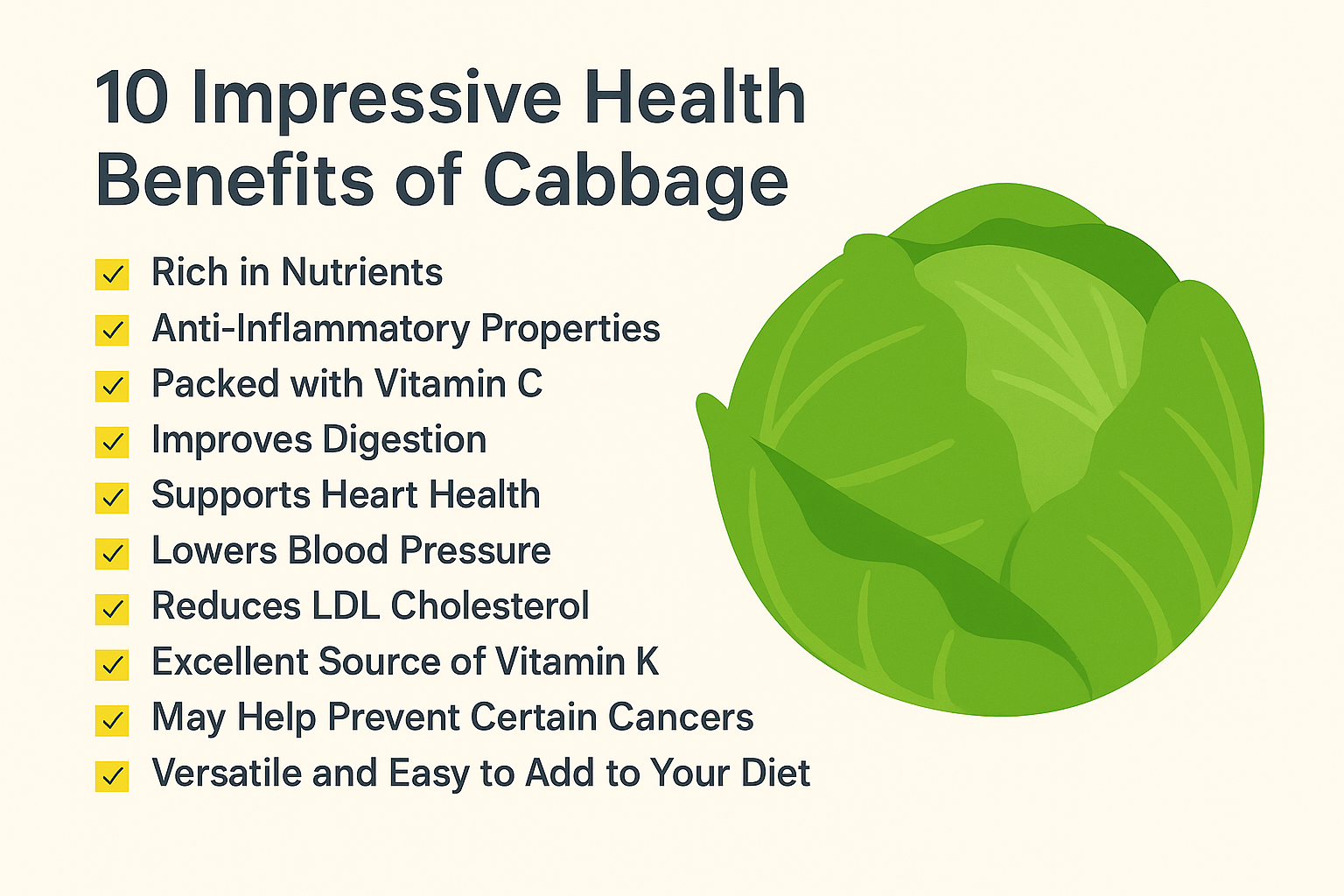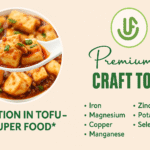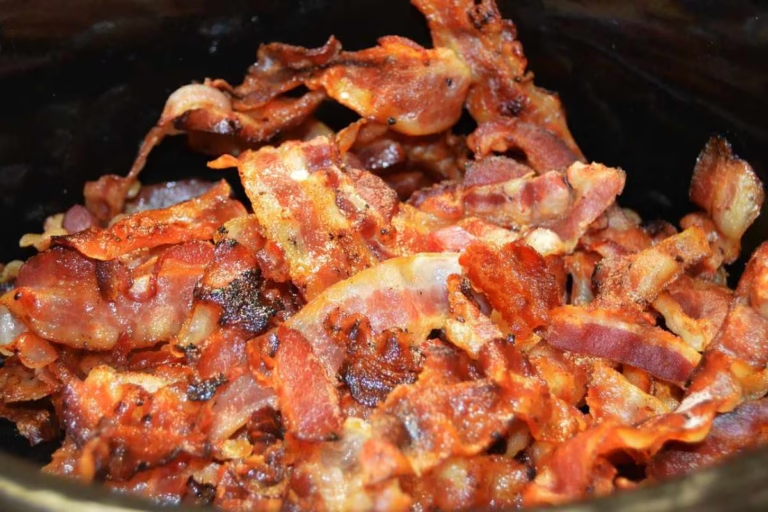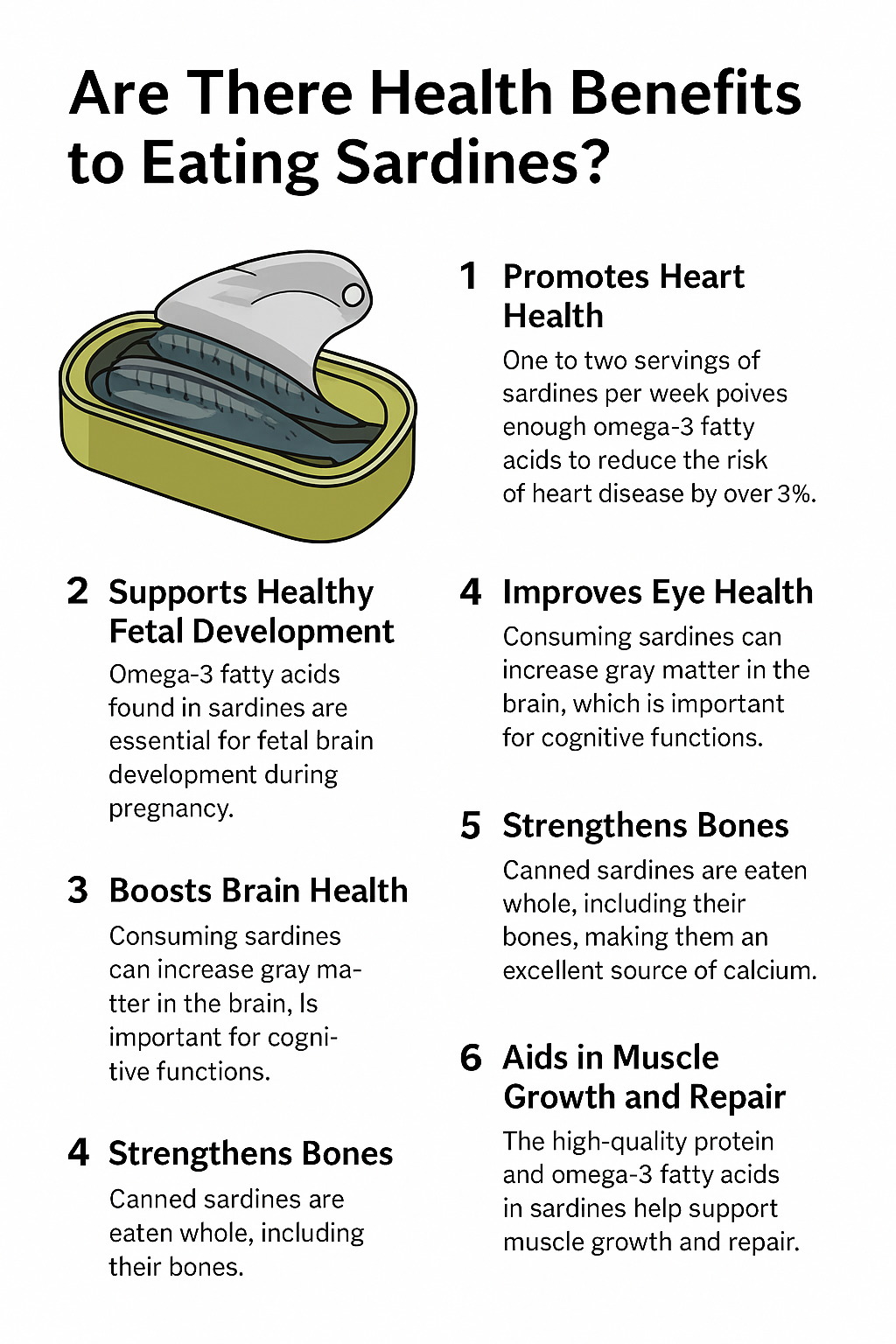
10 Impressive Health Benefits of Cabbage

Cabbage is often overlooked in many diets despite being a nutrient-packed vegetable with a host of health benefits. From supporting heart health to improving digestion, cabbage is a versatile and affordable addition to your diet. Below are 10 reasons why you should consider adding more cabbage to your meals:
1. Rich in Nutrients
Cabbage is a low-calorie vegetable that packs a punch when it comes to essential nutrients. It’s an excellent source of fiber, vitamin C, vitamin K, and folate. Just one cup of raw cabbage contains significant amounts of these vitamins and minerals, contributing to overall health, immune function, and energy production. It also contains small amounts of vitamin A, iron, and potassium.
2. Anti-Inflammatory Properties
Chronic inflammation is linked to numerous diseases, including heart disease and arthritis. Cabbage, especially when consumed regularly, contains powerful antioxidants like sulforaphane and kaempferol, which help reduce inflammation in the body. Studies show that people who eat more cruciferous vegetables, like cabbage, have lower levels of inflammatory markers in their blood.
3. Packed with Vitamin C
Cabbage is a great source of vitamin C, an essential nutrient and powerful antioxidant that helps fight oxidative stress. Vitamin C is vital for collagen production, immune function, and skin health. Red cabbage, in particular, contains even more vitamin C than green cabbage, providing up to 56% of the recommended daily intake in just one cup.
4. Improves Digestion
Cabbage is rich in both soluble and insoluble fiber, which are essential for digestive health. Insoluble fiber adds bulk to stool, aiding in regular bowel movements, while soluble fiber helps promote healthy gut bacteria. Consuming cabbage can improve digestion, prevent constipation, and help maintain a healthy gut microbiome.
5. Supports Heart Health
Cabbage, particularly red cabbage, is packed with anthocyanins, which are plant compounds that give the vegetable its vibrant color. These anthocyanins have been linked to a reduced risk of heart disease by lowering blood pressure, improving cholesterol levels, and reducing inflammation. Studies also suggest that eating anthocyanin-rich foods may help lower the risk of heart attacks.
6. Lowers Blood Pressure
High blood pressure is a leading risk factor for heart disease and stroke. Cabbage is a good source of potassium, a mineral that helps regulate blood pressure by balancing out the negative effects of sodium. Increased potassium intake has been shown to relax blood vessel walls and promote healthy circulation, thus lowering blood pressure levels.
7. Reduces LDL Cholesterol
High levels of LDL (bad) cholesterol are a major contributor to heart disease. Cabbage contains soluble fiber, which helps lower LDL cholesterol by binding to cholesterol in the gut and preventing its absorption. Additionally, cabbage contains phytosterols, plant compounds that reduce cholesterol absorption, further supporting heart health.
8. Excellent Source of Vitamin K
Vitamin K is vital for blood clotting and bone health. Cabbage is a rich source of vitamin K, with just one cup providing 56% of the daily recommended intake. This vitamin helps in the activation of proteins that are responsible for coagulation, preventing excessive bleeding, and promoting healthy bones.
9. May Help Prevent Certain Cancers
Cabbage is part of the cruciferous vegetable family, which includes broccoli, cauliflower, and Brussels sprouts. These vegetables are known for their cancer-fighting properties due to their high content of glucosinolates and other sulfur-containing compounds. Regular consumption of cabbage may help protect against certain types of cancer, including breast, colorectal, and prostate cancer.
10. Versatile and Easy to Add to Your Diet
Cabbage is incredibly versatile, making it easy to incorporate into your meals. It can be eaten raw in salads, coleslaws, or wraps, or cooked in soups, stews, and stir-fries. Cabbage can also be fermented to create probiotic-rich foods like sauerkraut and kimchi, which offer additional digestive health benefits.
The Bottom Line
Cabbage is a nutrient-dense vegetable that offers a wide range of health benefits. From supporting digestive health and heart function to fighting inflammation and reducing cancer risk, cabbage is a powerhouse food that deserves more attention in your diet. Easy to prepare, affordable, and packed with vitamins and antioxidants, cabbage is a simple way to enhance your health.
Read our previous blogs about The 20 Best Low-Carb Vegetables

Hello! I am Amir
Interesting Posts



Ingredients Protein Powder Unveiling the Benefits and Features

Tofu Nutrition A Complete Guide to Benefits, Facts, and Macros

Best Eyelash Growth Serums

Nutrifocal inspires healthier living by delivering trusted nutrition, wellness guidance, and balanced lifestyle choices daily.
- Mark Twain Tweet
Related Posts

Health Benefits of Bacon

Peanut Butter Is It Good for You?

Are There Health Benefits to Eating Sardines?


